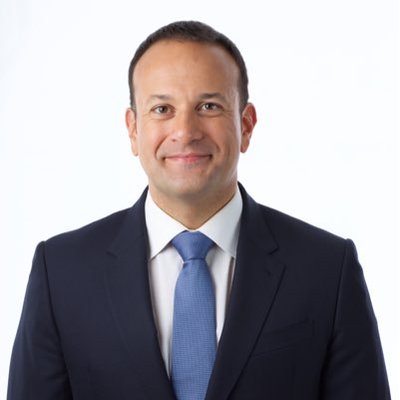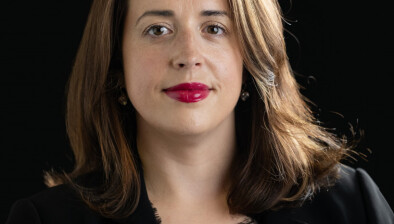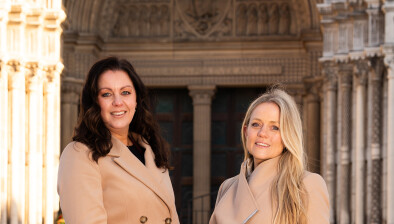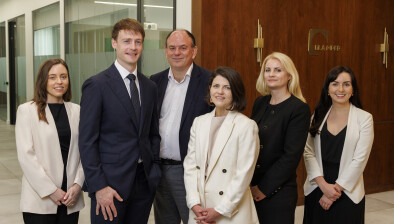Politicians criticise Government salary increases for senior judges

Leo Varadkar
Politicians have criticised the Government for signing off on salary increases for the country’s top judges.
Opposition TDs said the increases come at a time when members of the Defence Forces are being denied pay rises, along with thousands of hospital support staff.
The changes were approved by Taoiseach Leo Varadkar via statutory instrument and the issue came before a private meeting of the Oireachtas Finance Committee yesterday, the Irish Examiner reports.
Committee chairman John McGuinness told the newspaper the increases point to a double standard.
“It is completely unacceptable,” he said.
“This is just the latest example that a twotier system exists, one for the top level, like our judges and one for the lower grades. Coming at a time when our hospitals are in strife because of the strike action, the approval of these pay increases is hard to justify.”
The salary of Chief Justice Frank Clarke will rise to €256,584 a year, while Mr Justice Peter Kelly, President of the High Court will receive €238,257.
Supreme Court judges’ salaries will rise to €223,597 while High Court judges’ will now be €210,771.
Outgoing Supreme Court judge Ms Justice Mary Finlay Geoghegan last week warned that a dearth of judges and other resources mean there is a risk the courts will be unable to administer justice.
And in the UK there is also a judicial recruitment crisis.
In 2017, then Chief Justice of England and Wales, Lord Thomas of Cwmgiedd warned that the English legal system was facing a ‘ticking time bomb’ in its failure to recruit judges. Former UK Supreme Court President Lord Neuberger of Abbotsbury has made similar warnings.
Scotland’s most senior judge, the Lord President, Lord Carloway, is also known to be concerned about senior lawyers’ lack of interest in the bench.
In 2017, our sister publication, Scottish Legal News, made enquiries among leading QCs, finding that most had no appetite to become judges – citing hostile media coverage, lack of respect for the judiciary, relatively modest pay – as compared to private practice – and poor pension packages.
They were also deterred by a backlog of distressing sexual abuse cases and concerns over judicial independence as well as the isolation and strenuous and onerous workload the role entails.
Earlier this month, the UK government increased the salaries of judges in the High Court of England and Wales, a tenth of whose posts lie vacant.










